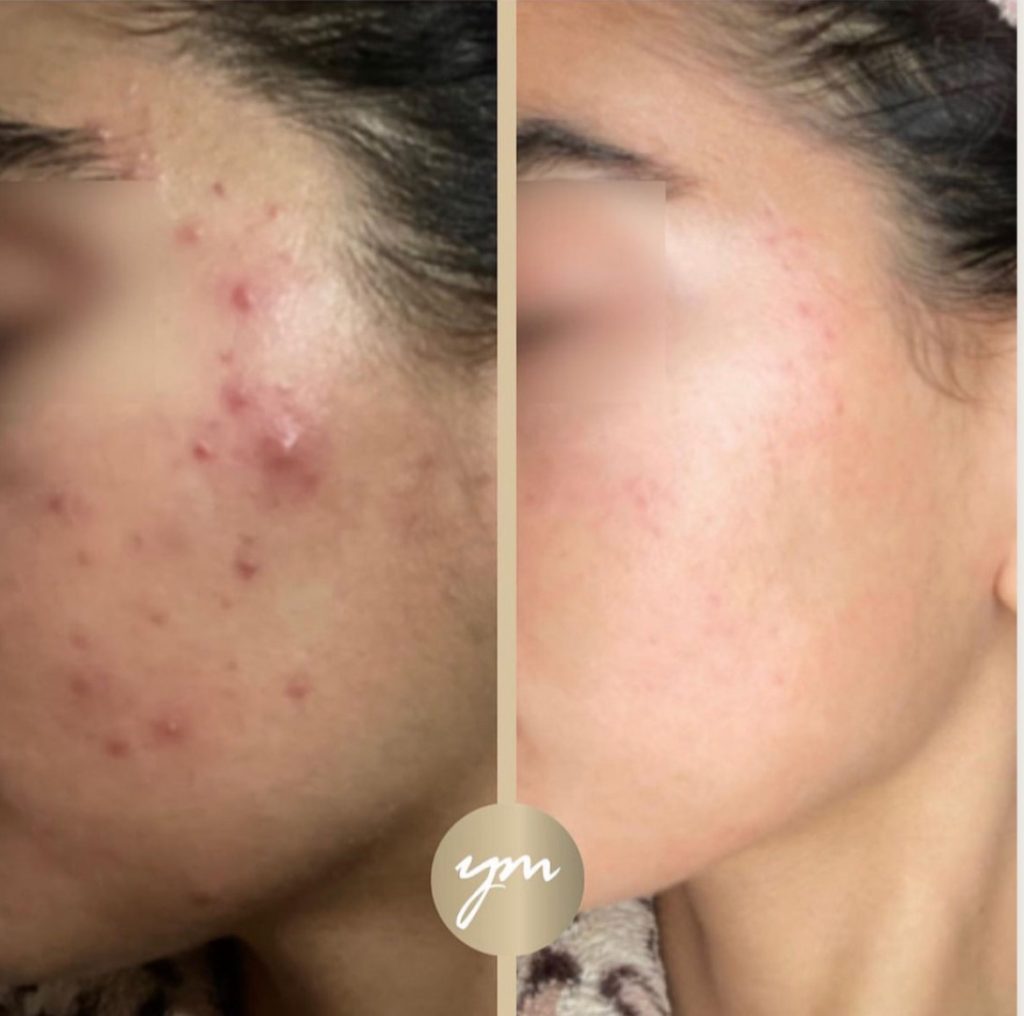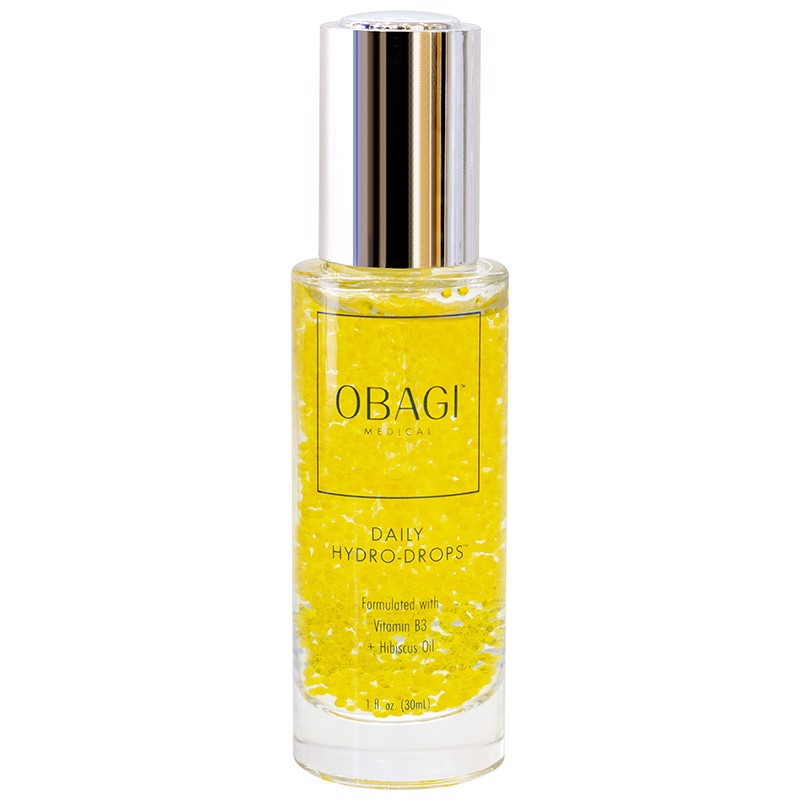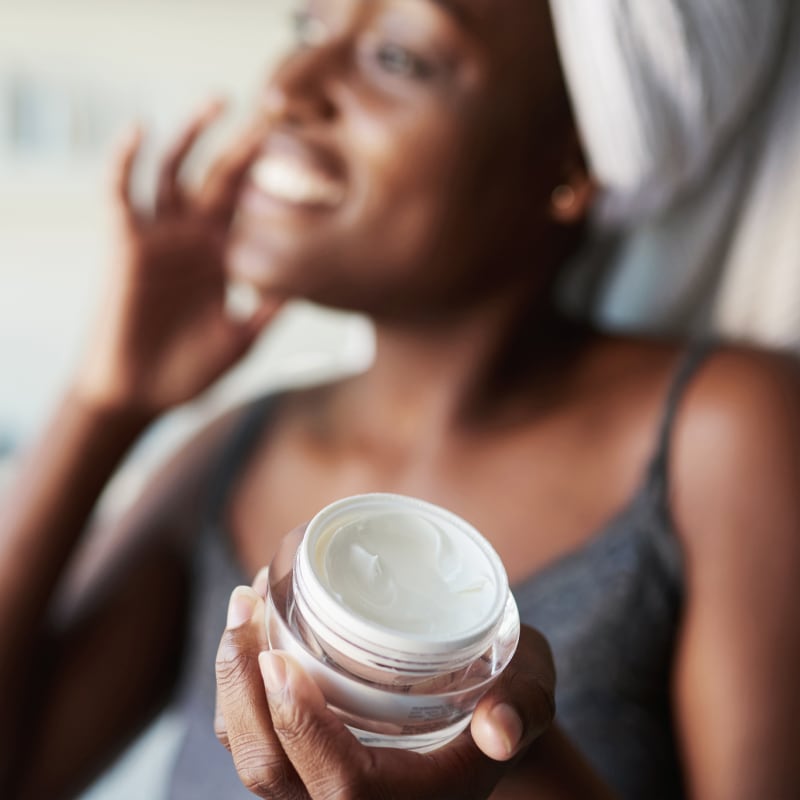Why Vitamin C Might Not Be the Best Choice for Acne-Prone Skin
Posted on 5th September 2024
When it comes to skincare, Vitamin C is often touted as a miracle ingredient—promising brighter skin, reduced hyperpigmentation, and a glowing complexion. However, if you’re struggling with acne or have sensitive, acne-prone skin, Vitamin C may not be the wonder ingredient it’s cracked up to be. In fact, there are several reasons why Vitamin C might not be the best choice for acne, and in some cases, it can even make things worse.
1. Vitamin C Can Be Irritating
One of the most common forms of Vitamin C used in skincare products is ascorbic acid (L-ascorbic acid), which is potent but can be harsh on sensitive or acne-prone skin. The acidic nature of Vitamin C can cause irritation, redness, and stinging, particularly if you have compromised skin from active breakouts or inflammation. This irritation can worsen acne or trigger more breakouts, as it disrupts the skin barrier, making your skin more vulnerable to bacteria, pollution, and other irritants.
2. Potential for Pore Clogging
Many Vitamin C serums and creams contain additional ingredients like oils, emulsifiers, or thickening agents to stabilize the formula or enhance the texture. Unfortunately, some of these ingredients can clog pores, particularly for people with oily or combination skin. Ingredients such as silicones or certain plant oils used to help deliver Vitamin C can contribute to the formation of blackheads, whiteheads, and cystic acne, leading to more breakouts. For acne-prone individuals, it’s important to look for “non-comedogenic” formulas—those that don’t clog pores—but even then, Vitamin C isn’t always the best fit.
3. Vitamin C Can Increase Skin Sensitivity
Acne treatments, especially those involving benzoyl peroxide, salicylic acid, or retinoids, already make your skin more sensitive to the sun. When you layer a Vitamin C serum on top, it can increase this sensitivity, leaving you more prone to sunburn and UV damage. The combination of Vitamin C with other actives can make your skin feel tighter and more reactive, potentially leading to redness or irritation in the long run.
4. Vitamin C May Not Address Acne Directly
While Vitamin C is praised for its ability to brighten the skin and fade dark spots, it does not directly target the root causes of acne. Acne is primarily caused by excess oil production, clogged pores, bacteria, and inflammation. While Vitamin C can help with post-acne scarring or pigmentation (hyperpigmentation), it doesn’t address these underlying factors. If you’re dealing with active breakouts, it’s more effective to rely on ingredients like benzoyl peroxide, salicylic acid, or niacinamide, which directly target acne-causing bacteria and help regulate oil production.
5. Oxidation and Stability Issues
Vitamin C is notoriously unstable, meaning it can degrade when exposed to air, light, or heat. This degradation not only reduces its efficacy but can also irritate the skin. When Vitamin C oxidizes, it can turn yellow or brown and become less effective, potentially causing the product to become more irritating. For people with acne-prone skin, using an oxidized Vitamin C serum can aggravate the skin and lead to inflammation, which could worsen acne or contribute to more breakouts.
6. pH Imbalance and Skin Barrier Disruption
Vitamin C products are typically formulated with a low pH to increase their absorption and effectiveness. However, this acidic environment can disrupt the natural pH of your skin, which hovers around a slightly acidic 4.5 to 5.5. If the skin’s pH is thrown off, it can compromise the skin barrier, leading to moisture loss, dryness, and irritation. A weakened skin barrier can make your acne worse, as the skin becomes more susceptible to external triggers like bacteria and pollution.

So, What Should You Use for Acne-Prone Skin?
If you’re looking to address acne and blemishes, there are many other ingredients that are more effective and better suited for acne-prone skin than Vitamin C. Here are some alternatives:
- Salicylic Acid (Beta Hydroxy Acid – BHA): This ingredient helps to penetrate deep into pores, clearing out excess oil and dead skin cells that can clog pores and lead to breakouts.
- Benzoyl Peroxide: This antimicrobial ingredient helps kill acne-causing bacteria, reducing inflammation and preventing new pimples from forming.
- Niacinamide: A gentle, anti-inflammatory ingredient that helps regulate oil production, reduces redness, and strengthens the skin barrier.
- Retinoids (Retinol or Tretinoin): These help to accelerate cell turnover, reduce acne lesions, and improve the overall texture and tone of the skin.
These ingredients can help target the core issues behind acne and promote clearer, healthier skin without the potential irritation and drawbacks of Vitamin C.
Conclusion: Is Vitamin C Really a No-Go for Acne?
Vitamin C can certainly have benefits for skin health, especially when it comes to brightening skin tone and fading dark spots. However, if you have acne-prone skin, it’s important to consider whether it’s the right choice for your specific needs. While it can help with post-acne pigmentation, it doesn’t directly treat the causes of acne and may even cause irritation or sensitivity that can worsen your condition.
Ultimately, skincare is highly individual, and what works for one person might not work for another. If you’re unsure about whether Vitamin C is suitable for your skin, consider consulting with a dermatologist who can help guide you toward products that are better suited for your skin type and concerns.
If acne is your main concern, it’s best to focus on targeted treatments that specifically address the causes of acne—without compromising the health of your skin barrier.



